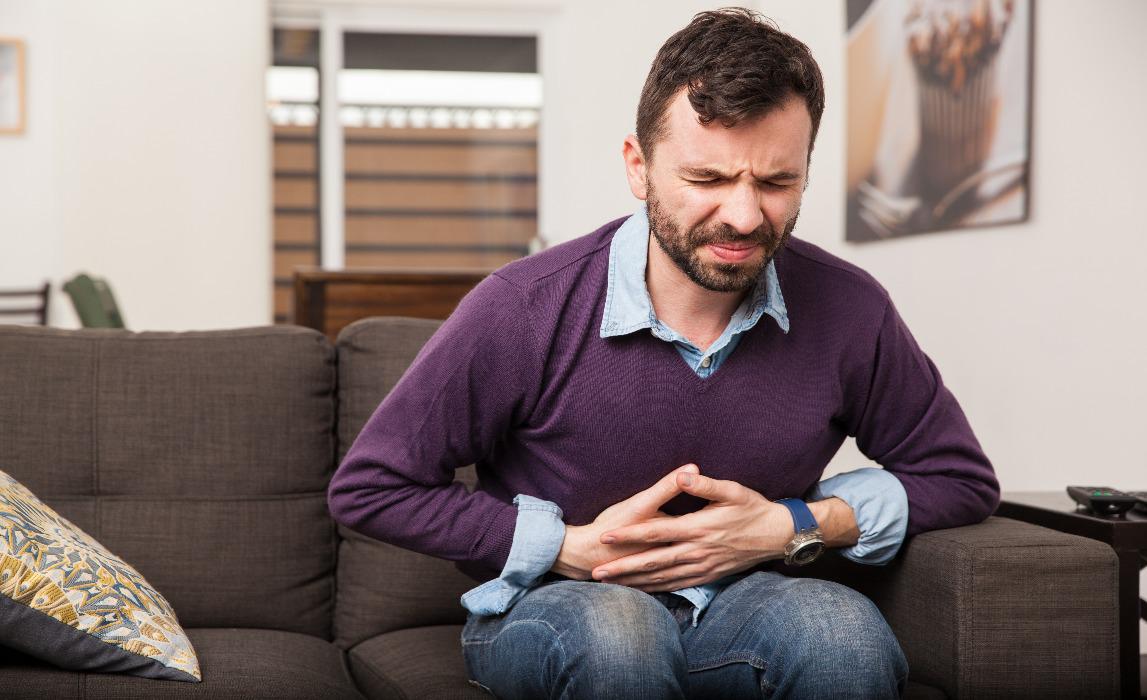Food Poisoning

What is food poisoning?
Food poisoning is caused by eating food that contains germs such as bacteria, viruses or parasites. This illness can cause stomach upset, abdominal pain, nausea, vomiting, diarrhoea and fever. The symptoms can range from a relatively mild discomfort to a more serious life-threatening disease.
How can these germs get into the food?
People who prepare food and are sick can spread their germs via food by not washing their hands before handling it. If the food is not properly washed and cooked, germs from one food item can get to another.
Is there anything I can do on my own to prevent it from getting worse?
I always tell my patients that when these symptoms start to develop, the first thing you have to do is to keep yourself hydrated. Drinking plenty of fluids prevents you from getting dehydration. You can drink sports drinks or oral rehydration mixtures to replace fluids and minerals lost through vomiting and diarrhoea. Oral re-hydration powder like Oresol
can be purchased cheaply from a local pharmacy. Be sure to mix the powder in safe water. You can make your own mixture by dissolving 1/2 teaspoon of salt and 6 teaspoons of sugar in one litre of clean drinking or boiled water.
In terms of what food to eat, it’s better to avoid caffeine, fatty meals and dairy products. The reason for this is that it makes you bloated and will slow your recovery. If you can keep food down, bananas, toast, rice or salt crackers are a gentle way of replacing some of the calories and electrolytes you’re losing.
What happens if I’m not getting better, and when should I seek help?
Generally, symptoms should pass in a couple of days, but should you start to show signs of serious dehydration—including dark or decreased urine, dizziness, palpitations, muscle cramping that’s separate from stomach cramping, or a fever of over 101 degrees that doesn’t break—you should see a doctor. That’s especially important for children, the elderly or those with an underlying medical condition.
Pregnant women or those that suffer from diabetes, inflammatory bowel disease and anyone taking immunosuppressant drugs should also let their doctor know if they are suffering from a stomach problem.
Seek immediate medical attention are if you are vomiting blood, if you notice mucus or pus in your diarrhoea or if you experience neurological symptoms like numbness or tingling.
Is it food poisoning?
The symptoms of food poisoning usually develop within a few hours of eating something, if you have not recently eaten or if you’re the only one who got sick after eating a certain dish, you more likely picked up a viral illness in another way—from a sneeze, a handshake or a contaminated doorknob, for instance. For these infections, symptoms usually start one to three days after exposure with clinical symptoms that mirror those of food poisoning -- vomiting, diarrhoea, abdominal discomfort and fever. Treatment is exactly the same whether it be food poisoning or a stomach bug.
Precautions
The Vietnamese are no more resistant to a bout of food poisoning or contracting a stomach bug than you or I, and though it might not seem like it when you visit the local wet market or restaurant where litter and food is scattered all over the floor -- food hygiene practice is generally of a high standard wherever you dine. Exceptions to this are places where food has been left to stand unheated (this is just as likely to be your hotel buffet as it is anywhere else) or food that is being handled and shared (like rice crackers). Tap water is strictly off limits to all, unless it has been thoroughly boiled and ice is made from filtered water. In smaller, local joints where there are no freezers, ice will be delivered, again this will be made from filtered water, but dependent on the delivery style, it may have been subjected to a scattering of road dust on it’s way to the restaurant--if that concerns you, go without.
What to Pack
Though you can easily pick up medication from local pharmacies if you get struck down with diarrhoea the thought of trotting along to the shops is not going to fill you with joy. Instead, be prepared -- pack rehydration salts and over-the-counter anti-diarrheal or anti-nausea medication (Imodium or Pepto-Bismol). In most cases, medical intervention is unnecessary, though it is worth taking it easy and sweating it out in the comfort and safety of your hotel or resort until the symptoms have passed, remembering to take steps to keep your illness from spreading to others -- frequent hand washing and avoiding close contact from others.
Doctor Christopher M. Suazon, Director, Danang Family Medical Practice
 We use cookies on this website to enhance your user experience
We use cookies on this website to enhance your user experience